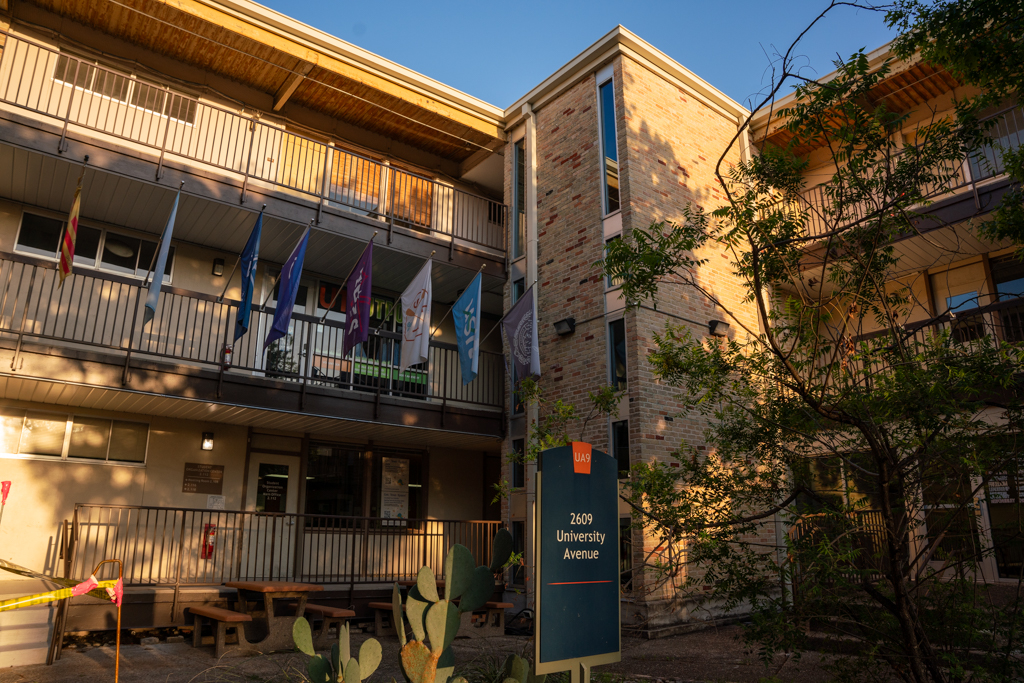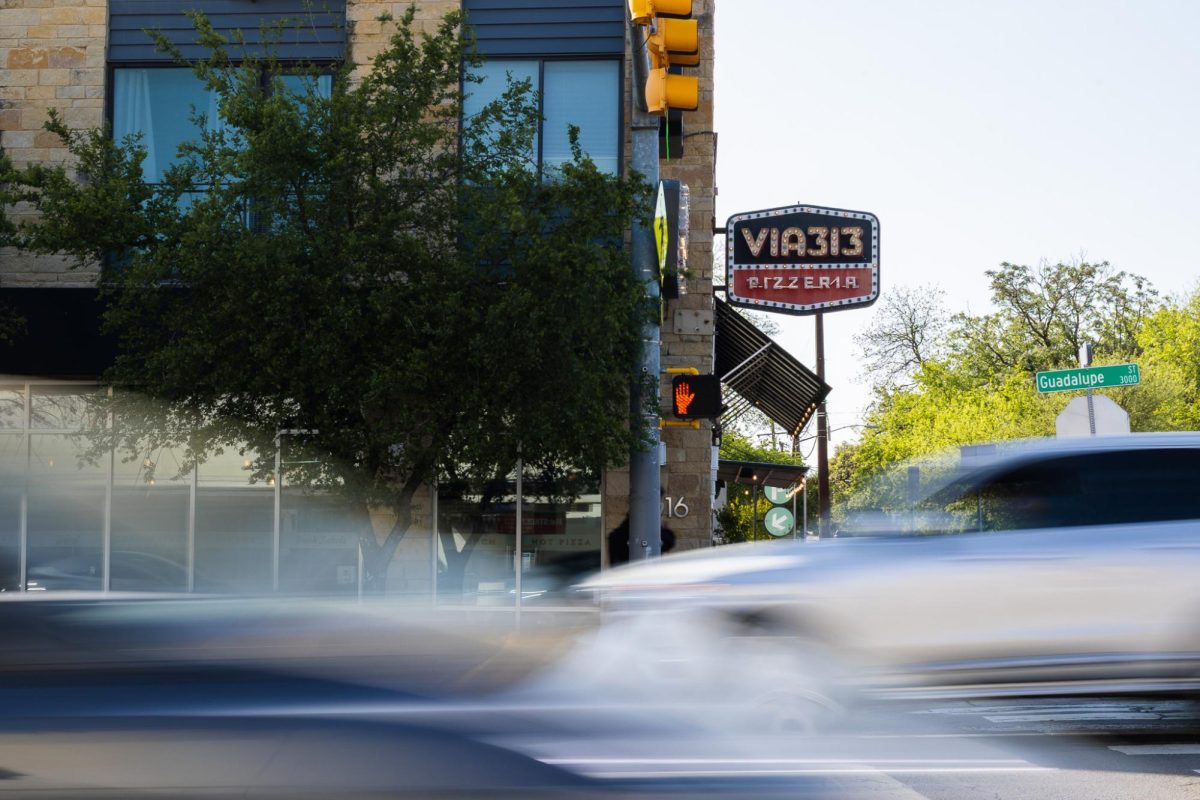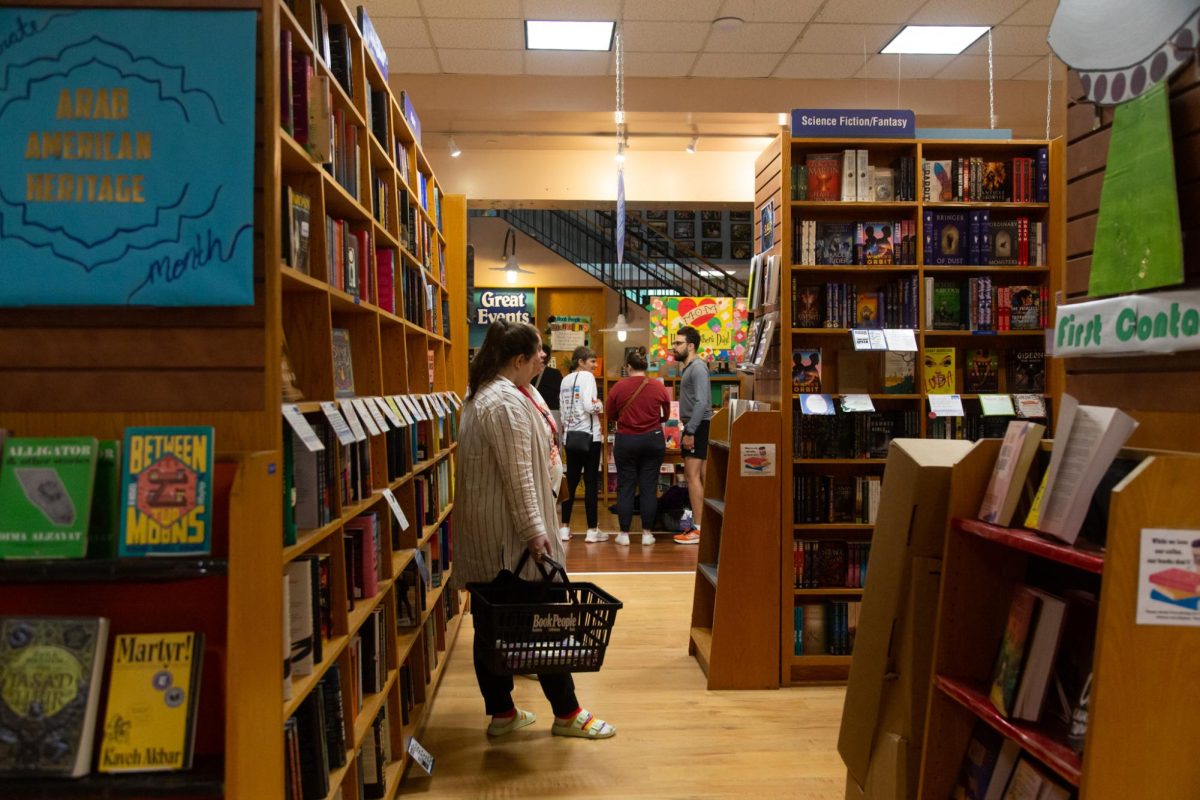In 2023, a student-led letter signed by more than 800 people led the Austin City Council to pass a resolution that banned developers from continuing to build windowless housing in Austin. Now, the University Tenants Union is continuing to push for natural lighting in bedrooms by advocating against a “borrowed light” loophole.
The city passed an ordinance on April 18, 2024, updating its local amendments in the International Building Code to require natural light in all newly constructed bedrooms. However, these changes allowed a loophole for developers to build bedrooms that “borrow” light from adjacent rooms receiving natural light.
“If you take your flashlight (and) put it next to your face, it’s a lot brighter than if you’re trying to illuminate your friend from across the room, and that’s the whole idea,” said Justin Lanier, the policy director of the University Tenants Union. “If (a) window is 15 or 30 feet away from the bedroom that’s borrowing light from it, they’re not borrowing much light.”
Lanier said the loophole may cause mental health and privacy concerns for students.
“Unlike the rest of the city, students are renting by the bed and so you might live with people you don’t know, and that means you don’t necessarily feel comfortable in your common space,” Lanier said. “If you don’t have light in (your room), which is your only realistic option for studying and for decompressing, then what do you have?”
Juan Miró, an architecture professor and advocate against windowless housing, said developers target housing for students, seniors, immigrants and low-income individuals because they demand less than high-end housing.
“The people that can pay are going to have what they want, and the people that cannot pay are going to get the minimum,” Miró said. “That’s what the code does. The windows that the code says you can have are not very generous.”
Junior sociology student Emma Vetrano, lives in a bedroom with a small window looking out into a hallway receiving natural light. She said while living in her room, time has passed differently and impacted her health. Within the past two weeks, the apartment’s management team installed LED lights, replacing what natural light she received in her room with artificial light.
“The problem is that there (aren’t) any changes,” said Vetrano. “A lot of the time, when it comes to seasonal depression, you feel different in the winter than you do in the spring. But I really feel like when you’re in this room, you kind of lose a sense of yourself. You don’t really connect with the environment outside.”
Following the union raising its concerns, the University Neighborhood Overlay, which determines the housing density level in West Campus, has proposed an update to its code requiring all newly constructed bedrooms to have access to exterior windows or light sources. The UTU continues to push the city of Austin to close the loophole in a code update.
“Our firm belief is that access to adequate natural light is critical,” Lanier said. “It’s important for health and well-being, and there’s a compromise that we can reach between providing the most affordable bedrooms and bedrooms with natural light.”














